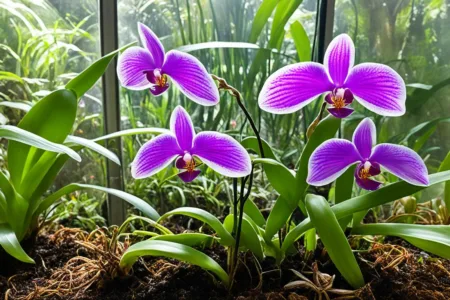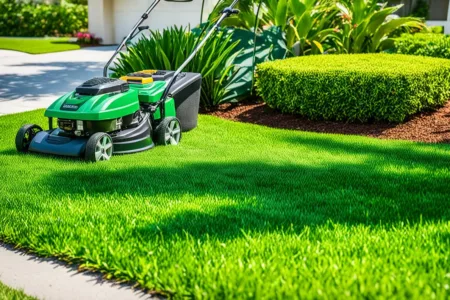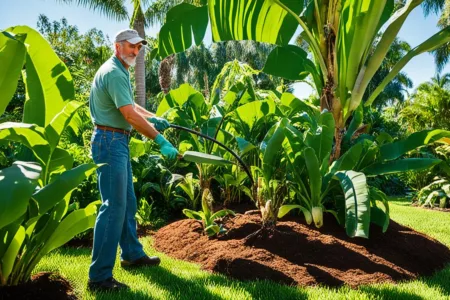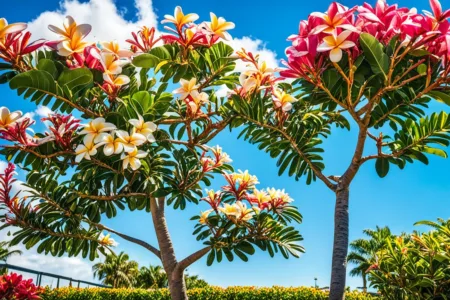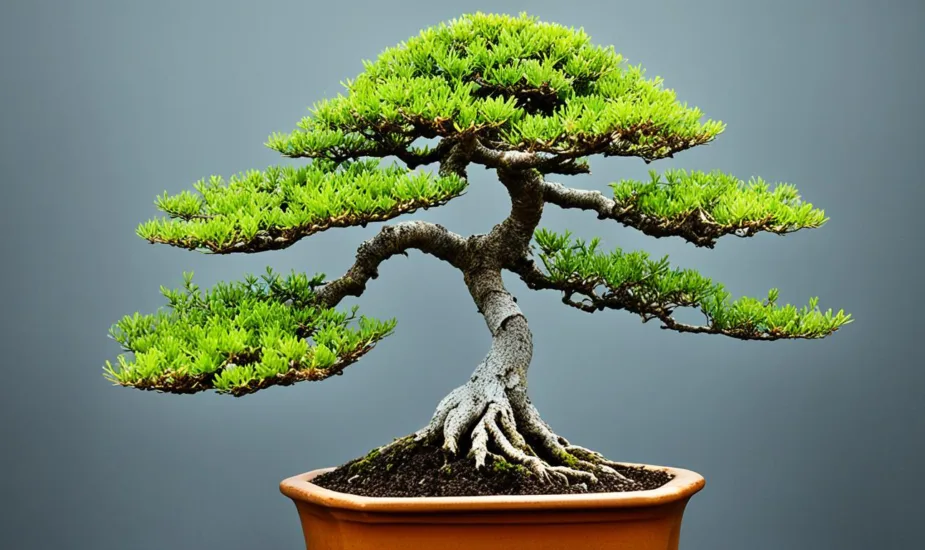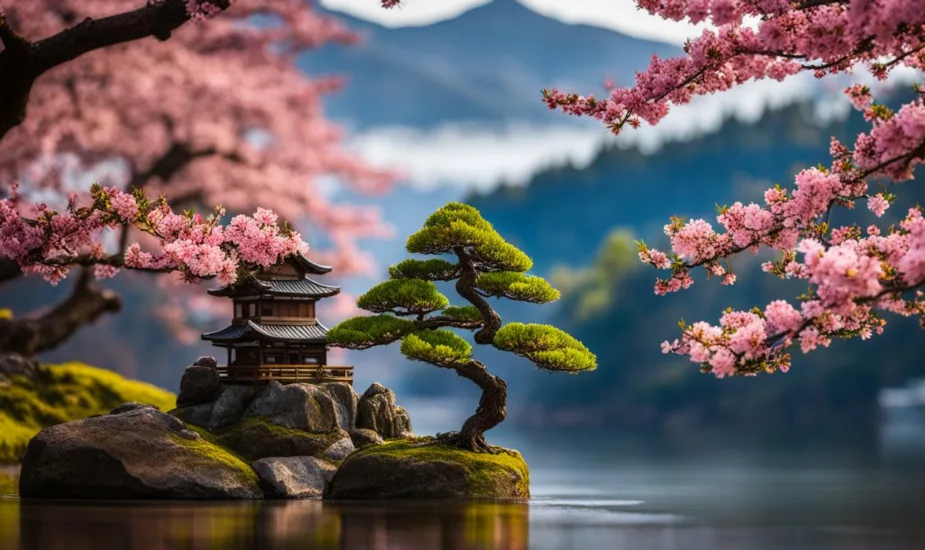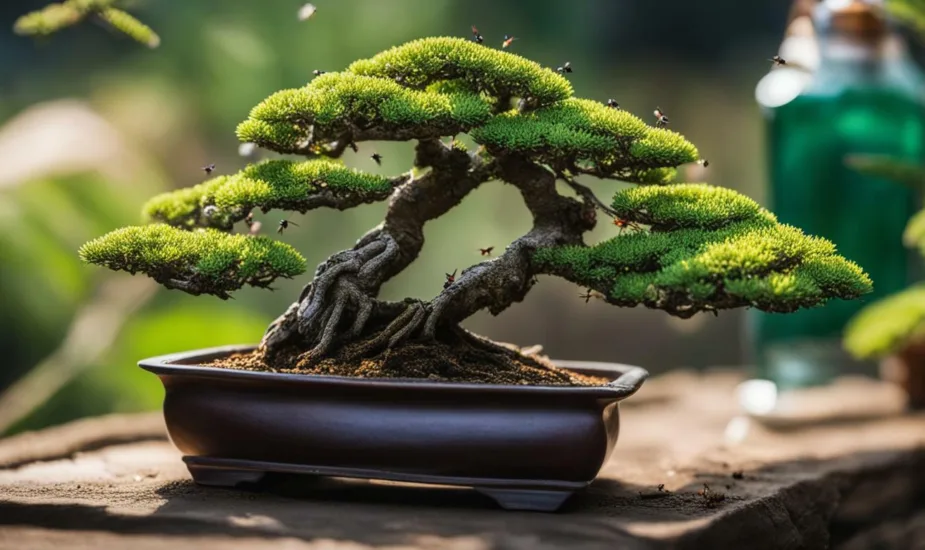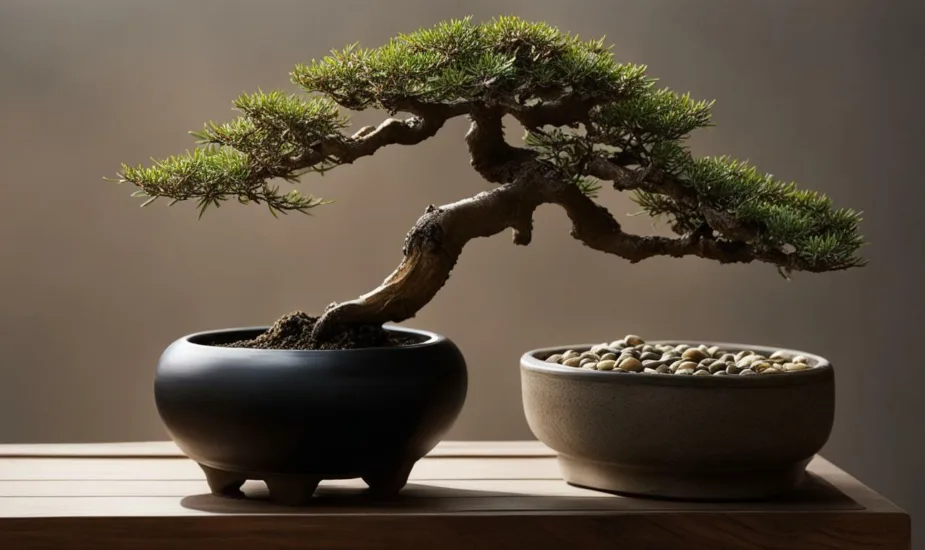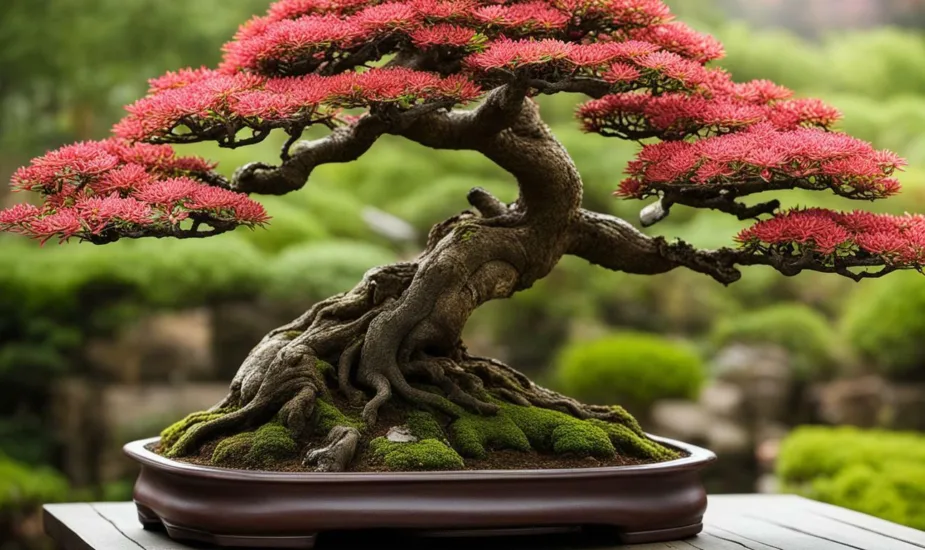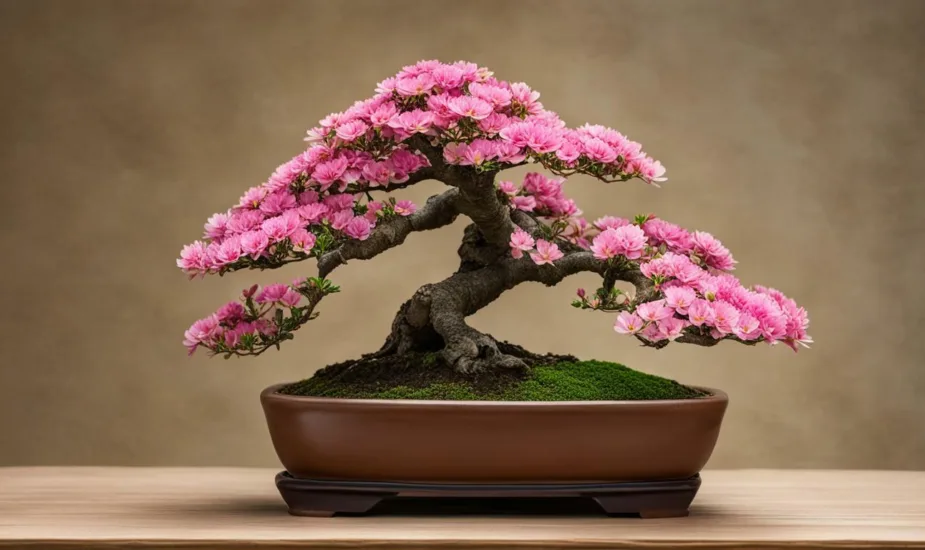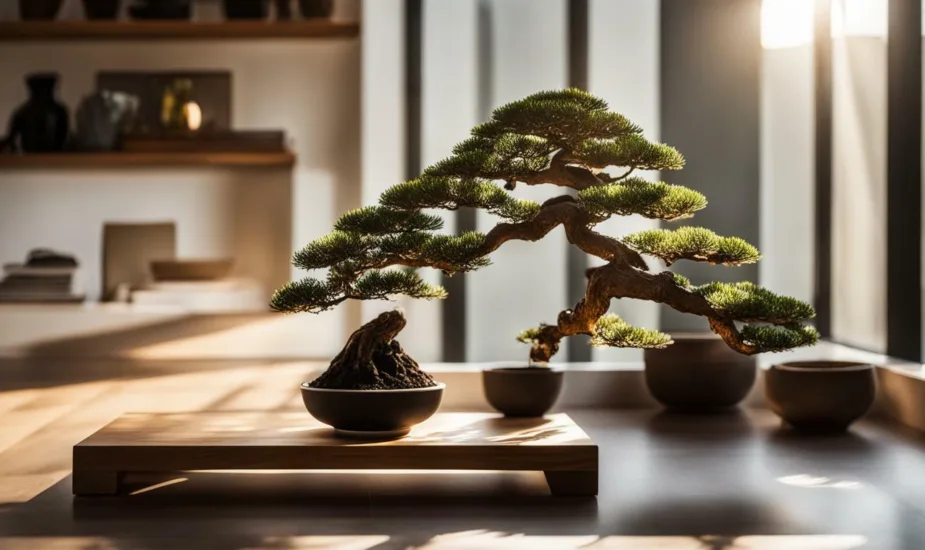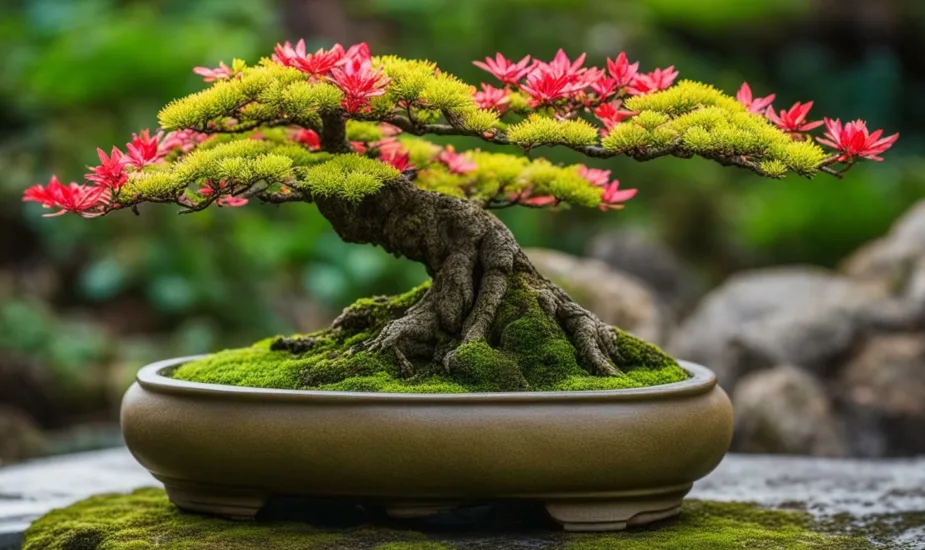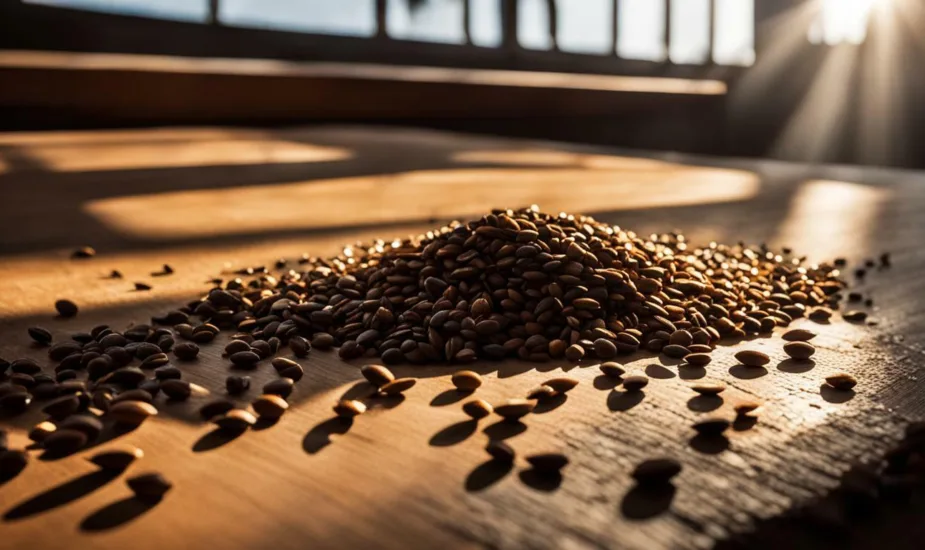Do Bonsai Trees Like Acidic Soil? Explore Bonsai Preferences.
Bonsai trees have specific soil preferences, and understanding the role of acidity in their growth is crucial for maintaining their health and vitality.
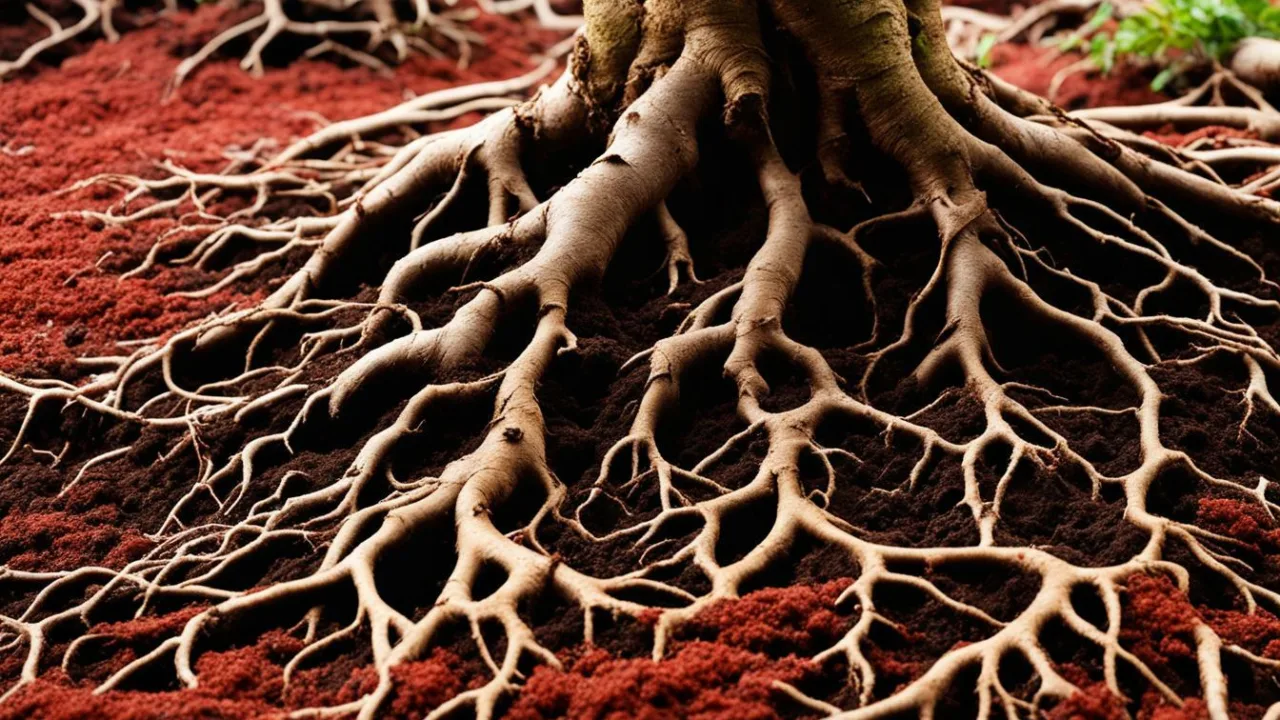
Soil pH and bonsai tree health go hand in hand, as it affects the solubility of minerals and the activity of soil organisms. Some bonsai trees, like Azaleas and Camellias, thrive in slightly acidic soil, while fruit trees produce more fruit in such conditions. It’s important to note that water source can also impact the pH of the soil, necessitating adjustments accordingly.
The ideal bonsai soil mix strikes a balance between inorganic components – such as akadama, pumice, and lava rock – and organic matter, including options like pine bark, peat moss, and coco coir. The specific proportions of these components can vary based on the bonsai species, local climate, and the individual needs of the tree. Creating the right soil mix involves sourcing quality ingredients, sifting the inorganic components, blending them with organic matter, and adjusting as necessary to achieve proper drainage, water retention, and aeration.
Alternatively, premixed bonsai soil blends are available for those seeking convenience. Troubleshooting common soil mix issues entails addressing fluid retention, drainage, and aeration to ensure the optimal health and growth of bonsai trees.
Finding the Right Soil Mix for Your Acid-Loving Bonsai Trees
Creating the right soil mix is essential for the health and growth of acid-loving bonsai trees, and understanding the key components and proportions is crucial for success. Bonsai trees, such as Azaleas and Camellias, thrive in slightly acidic soil, which provides the optimal environment for their root development and nutrient uptake.
To achieve the ideal soil composition, a balance between inorganic and organic components is necessary. Inorganic components like akadama, pumice, and lava rock provide good drainage and prevent waterlogged roots, while organic matter such as pine bark, peat moss, and coco coir improves water retention and promotes aeration.

The proportions of these components depend on various factors, including the specific needs of your bonsai species, local climate, and the porosity of the soil. Experimentation and observation are key to finding the right mix for your acid-loving bonsai trees. You may need to adjust the ratios of inorganic and organic materials to achieve the desired characteristics of drainage, water retention, and aeration.
If you prefer convenience, there are pre-mixed bonsai soil blends available in the market. These blends are formulated to provide the optimal balance of inorganic and organic components, taking the guesswork out of creating the perfect soil mix.
Remember, the soil composition for acid-loving bonsai trees is not set in stone. It’s essential to regularly monitor the health and moisture levels of your bonsai tree and adjust the soil mix as needed. By providing your bonsai trees with the right soil mix, you’ll be supporting their growth and ensuring their long-term health and vitality.
Elevate Your Bonsai Care Game with the Right Soil Mix
By considering the acidity preferences of bonsai trees and utilizing the right soil mix, you can significantly enhance the health and growth of your bonsai trees. The pH of the soil plays a crucial role in the solubility of minerals and the activity of soil organisms, influencing the overall well-being of your miniature trees.
Some bonsai trees, like Azaleas and Camellias, thrive in slightly acidic soil, while fruit trees tend to produce more fruit in such conditions. It is important to note that the pH of the soil can be affected by the water source, so it’s essential to stay aware and make adjustments accordingly.
The ideal bonsai soil mix strikes a balance between inorganic components, such as akadama, pumice, and lava rock, and organic matter like pine bark, peat moss, and coco coir. The proportions of these components may vary based on the specific needs of your bonsai tree, the local climate, and the species you are working with.
To create the perfect soil mix, start by sourcing high-quality ingredients. Sift the inorganic components to remove any fine particles, as this ensures better drainage and aeration. Blend the inorganic components with the organic matter, adjusting the mixture to achieve the desired level of water retention, drainage, and aeration. Alternatively, you can opt for premixed bonsai soil blends, which offer convenience without compromising the well-being of your bonsai trees.
If you encounter issues with your soil mix, troubleshooting is key. Evaluate the fluid retention, drainage, and aeration of the soil to identify and address any problems. By providing your bonsai trees with the optimal soil conditions they require, you create an environment in which they can flourish and thrive.
FAQ
Do bonsai trees prefer acidic soil?
Yes, some bonsai trees, such as Azaleas and Camellias, prefer slightly acidic soil. Fruit trees also tend to produce more fruit in slightly acidic soil.
How does soil pH affect bonsai tree health?
Soil pH affects the solubility of minerals and the activity of soil organisms. Maintaining the right pH level is crucial for the overall health and vitality of bonsai trees.
What components make up the ideal bonsai soil mix?
The ideal bonsai soil mix consists of a balance between inorganic components (like akadama, pumice, and lava rock) and organic matter (such as pine bark, peat moss, and coco coir). The proportions of these components can vary based on the bonsai species, local climate, and specific needs of the tree.
How can I create the right soil mix for my bonsai trees?
To create the right soil mix, you can source quality ingredients, sift the inorganic components, blend them with organic matter, and adjust as needed for drainage, water retention, and aeration. Alternatively, premixed bonsai soil blends are available for convenience.
How can I troubleshoot common soil mix issues?
If you’re experiencing issues with fluid retention, drainage, or aeration, it’s important to address them to ensure the health and growth of your bonsai trees. Adjustments can be made to the soil mix to improve these factors.
 Little Garden Tips
Little Garden Tips
